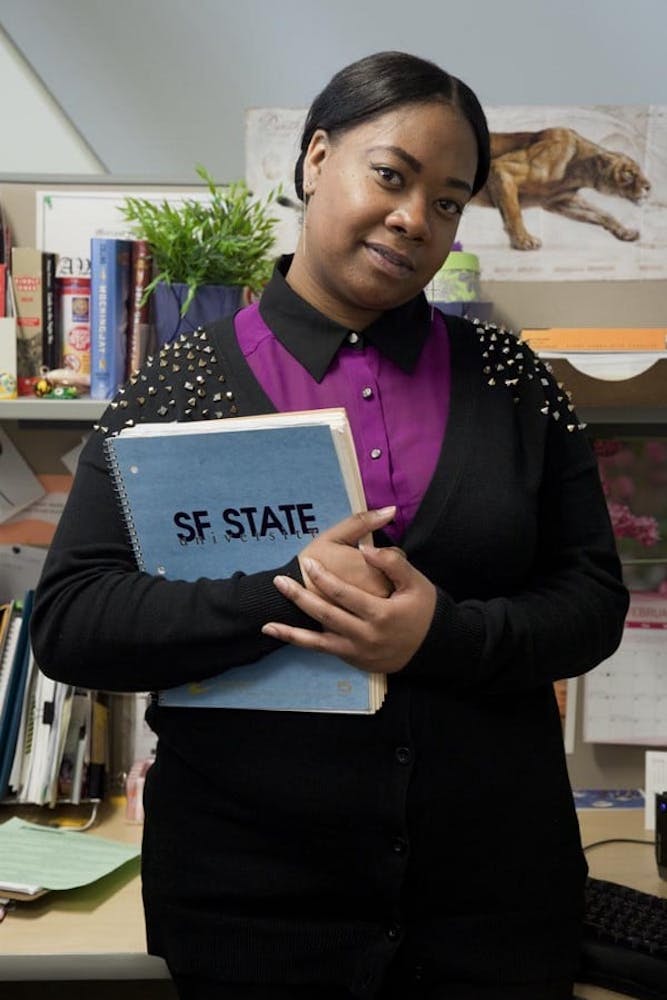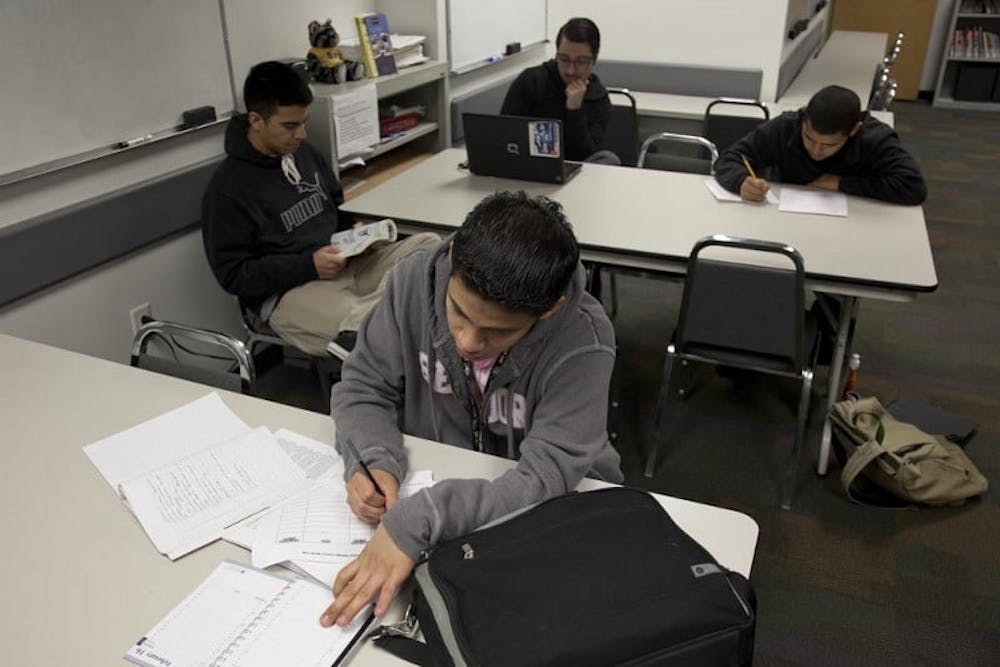
An Interview with Sonja Lenz-Rashid, Co-Founder of the Guardian Scholars Program at San Francisco State University
“From the moment we started Tipping Point, one of the issues that really struck a chord with me was that of foster youth. The idea that we have these kids at the young age of 18 left on their own with no support system, and all too often finding themselves homeless or in prison — for no other reason than they ended up in an unfortunate situation or for a simple lack of opportunity. It was unacceptable to me.” Daniel Lurie, Founder + CEO, Tipping Point Community
California’s foster care system is the biggest state system in the country, serving over 55,000 young people (known as “foster youth”) at any given time. Each year, 5,000 young adults age-out of foster care in California, and the odds they are up against are staggering:
- 2 in 3 exit the system without a place to live
- 1 in 2 are unemployed
- 1 in 5 will be arrested or incarcerated before they turn 25
- Less than 50% will graduate high school and for the few who make it to college, a mere 3% will graduate

Tipping Point grantee, Guardian Scholars, is working to change the odds for former foster youth attending college at San Francisco State University, offering students the comprehensive support — guaranteed on-campus housing, tutoring and academic advising, job opportunities, mental health services — they need to thrive. Co-founder Sonja Lenz-Rashid is Associate Professor of Social Work at SF State with over 17 years of direct practice and research experience related to at-risk youth and young adults. To date, Guardian Scholars has achieved a 90% student retention rate and a 70% six-year graduation rate, higher than both SF State’s general rate and national six-year rates. We caught up with Sonja recently to learn more.
TPC: What led you to start Guardian Scholars?
SLR: Right after I arrived at SF State in 2003, I was asked to think about ways the college might better support foster youth. I had worked at Larkin Street for about seven years running a transitional living program for young people between the ages of 18 and 24 that were homeless or runaways, and then as I received my master’s I had the chance to examine some of the data for this particular group. I found that 60–70% of those kids had come from foster care. This is an issue that has gone back forever with our child welfare system.
At the time, there was a successful Guardian Scholars Program at CSU Fullerton, but nothing like it up north. Once I met Xochitl Sanchez, my co-founder of Guardian Scholars, we couldn’t wait to get started. We began the planning process in 2004 to create a comprehensive program that would support more than just the academic needs of students.

TPC: What sort of home environments do Guardian Scholars students come from and what is the hardest part of their transition?
SLR: Our young people have an average length of placement of over nine years in foster care. They were placed in care as young children, in some cases as babies and toddlers, and many have had multiple placements. Placements can vary from kin, group homes to foster homes. So our services are set up as the wrap-around support these young people need to replace the family system that many have not had. In addition to tangible resources, this includes the emotional support and life skills that everyone needs when going away to college.
Housing, especially during the holidays or summer breaks, is a huge challenge that impacts nearly every Guardian Scholar. When most of us went away to college, we went back home to our parents at the end of the year, but our young people have no place to go. They end up at youth shelters, sleeping in cars, or on friends’ couches. These students not only need year-round housing on campus, but accommodations that work when the dining commons and other amenities shut down over the holidays. I’m most proud that after years of negotiating with housing and residential services, San Francisco State became the first public university in the country to offer free year-round housing to Guardian Scholars. We decided to house our students together, creating a sense of family and safety for them. We’ve been thrilled to see that so many of the friendships forged in Guardian Scholars have remained post-graduation.
TPC: How do you measure your success?
SLR: This is an area where Tipping Point has helped us immensely. Initially, our outcomes were based on retention, graduation and GPAs — indicators that showed how well each student was doing at SF State. But we’ve had almost 50 graduates in the last decade, serving about 130 students total. To prove our intervention works, we must know more about what happens to students after they graduate. In the last few years we’ve also started looking at employment, examining where our alumni are getting work, how long they’re keeping jobs, and how much they earn. Last year, we launched a new performance management system with the support of Tipping Point. It’s been relatively easy to capture the data we want since we’ve truly created a community and stay in touch with our graduates.
Since 2007, Tipping Point has invested nearly $1.5 million in Guardian Scholars to enhance the organization’s ability to meet a wide range of client needs. To learn more, visit the program website.


